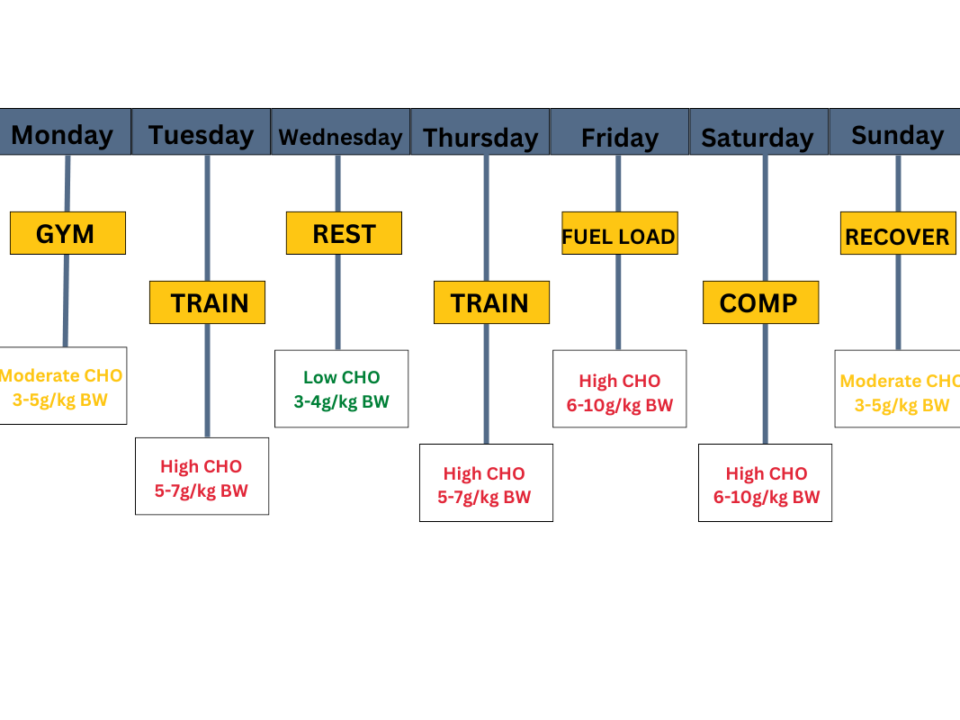Tips for working from home
Communication: I will start with this one because it’s so important for many reasons, mainly the health of relationships. If you are sharing your workspace or home environment with someone else, family, friends or housemates discuss your working arrangement so everyone is clear on each other’s situation. Communication is vital, you don’t want the washing machine or dishwasher running when you have conference calls to make or trying to concentrate on an important piece of work. Agree on all boundaries and when you are “on” or when you are “off”!
Create a specific workstation – take light, warmth and noise into consideration. It is critical to be able to “go to work” even when at home and not be cold or working in the dark.
Create a general work schedule – this may be 8am – 4pm, 9am – 5pm, 10am – 6pm for example, or whatever is most relevant to your work schedule and when your colleagues are working. Have a clear start and finish time or else you risk mental fatigue.
Create a task list – do this each morning and prioritise the key tasks you need to get done.
Take breaks – Build in specific and timely breaks for exercise, food, hydration and social interaction.
Work smart – Book in meetings at times that will lift your energy and boost motivation – I find meetings first thing in the morning and after lunch good times to build in focus and improve concentration.
Limit distractions – create phone free periods or if you need your phone for work make sure other notifications are switched off. In particular silence your social groups, not sure about you but the constant videos and voice notes were driving me demented until I muted the most active groups.
Get moving – Get out of the house at least once for a quick walk, feed the sheep or cows, interact with nature or to pick up some shopping or even do a quick chore in the Garden. We need fresh air and some daylight for mental energy and endurance.
Enjoyment – Break up your day with some music, mindfulness or engagement with a friend or colleague. This will help to reduce the risk of monotony or your day getting stale, it’s also critical to laugh and feel those happy hormones.
Nutrition Tips for Working From Home
Review your daily routine and assess if you need to decrease your energy intake. Due to the restriction of being at home it can be very easy to over consume on calories, even from good food. For that reason it is important to stick to a consistent meal structure – 4 meals a day, 3 main meals and 1 snack is appropriate for most routines and will allow for consistent energy levels. It’s important to include a good source of protein in each meal.
Have a consistent eating window – in practical terms that means a meal every 3-4 hours in a 12 hour period. If you are having breakfast at 8am your last meal can be at approximately 8pm , this will cut down on late evening snacking which is a common trend.
Plan your meals for at least 3 days ahead – at the moment the big challenge is the logistics of shopping and getting the essential ingredients you need. Be as efficient as you can and pick up essential ingredients that will create main meals for 3 days.

Create a shopping list: It sounds so simple and it is, but it’s also very effective for keeping you focused on buying what you need rather than getting distracted by advertising and marketing claims when you are out shopping. Base your shopping list ingredients off your weekly meal plan and systematically move through the supermarket, getting what you need. Avoid the junk food aisles and the three for twos!
Buy dry ingredients in bulk: Make sure you never run out of essential dry ingredients again by keeping them topped up. Get some large glass or plastic airtight containers where you can store your dry grains, seeds and nuts (Super Valu or online providers are a good place to shop for all kinds of containers). Non-perishable ingredients include: oats, rice, mixed nuts, mixed seeds, lentils, milled flaxseeds, dark chocolate and your main spices. All you need to do is add some fresh ingredients like vegetables, fruits, meat, fish or dairy and you’re sorted to create main meals or snacks.
I find podcasts a great accompaniment to my walks and long drives. Here are some that might benefit you in learning how to optimise your nutrition, while working from home:
Ubuntu Nutrition Podcast
My journey career to date
Tips for parents on introducing new foods
A realistic approach to nutrition
Practicing self compassion and giving yourself a break
The Gen Pop Podcast
Achieving health and performance goals
Making sustainable changes
Enjoying food and what it means to me
Mindset around your plate and lifestyle
Other helpful resources:
The Pomodoro Technique Explained
4 Excellent Habits to Beat Distraction











